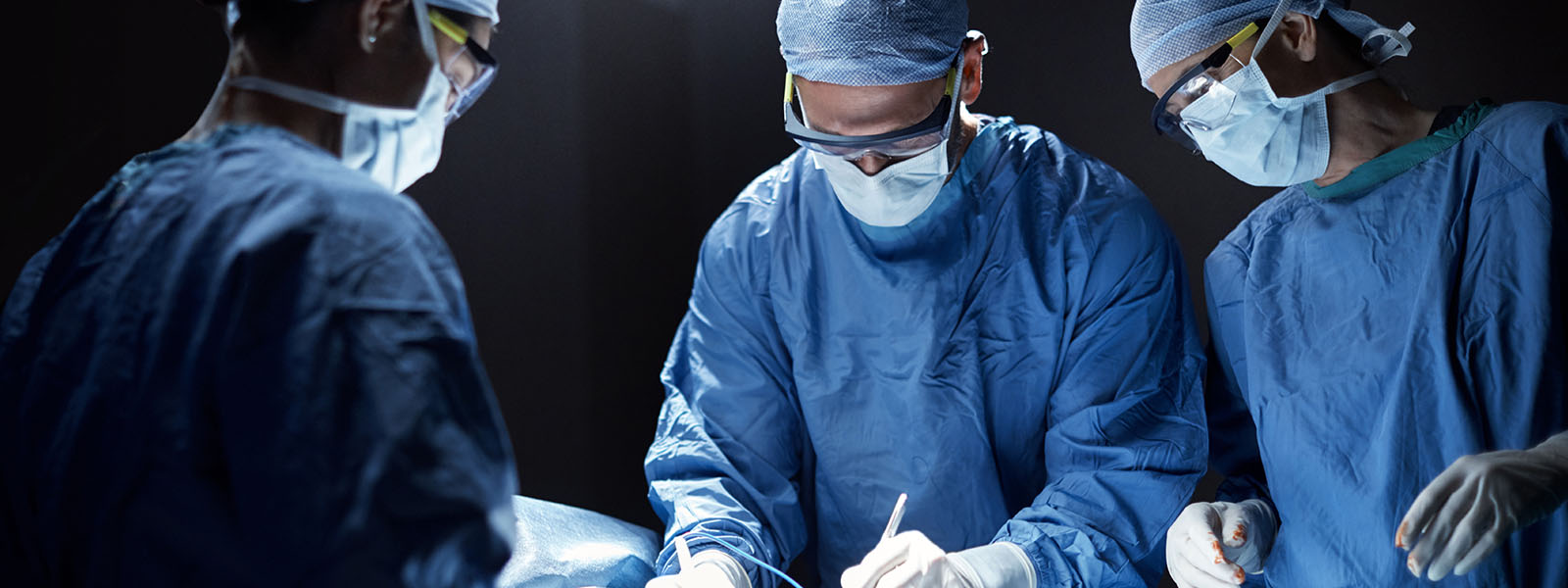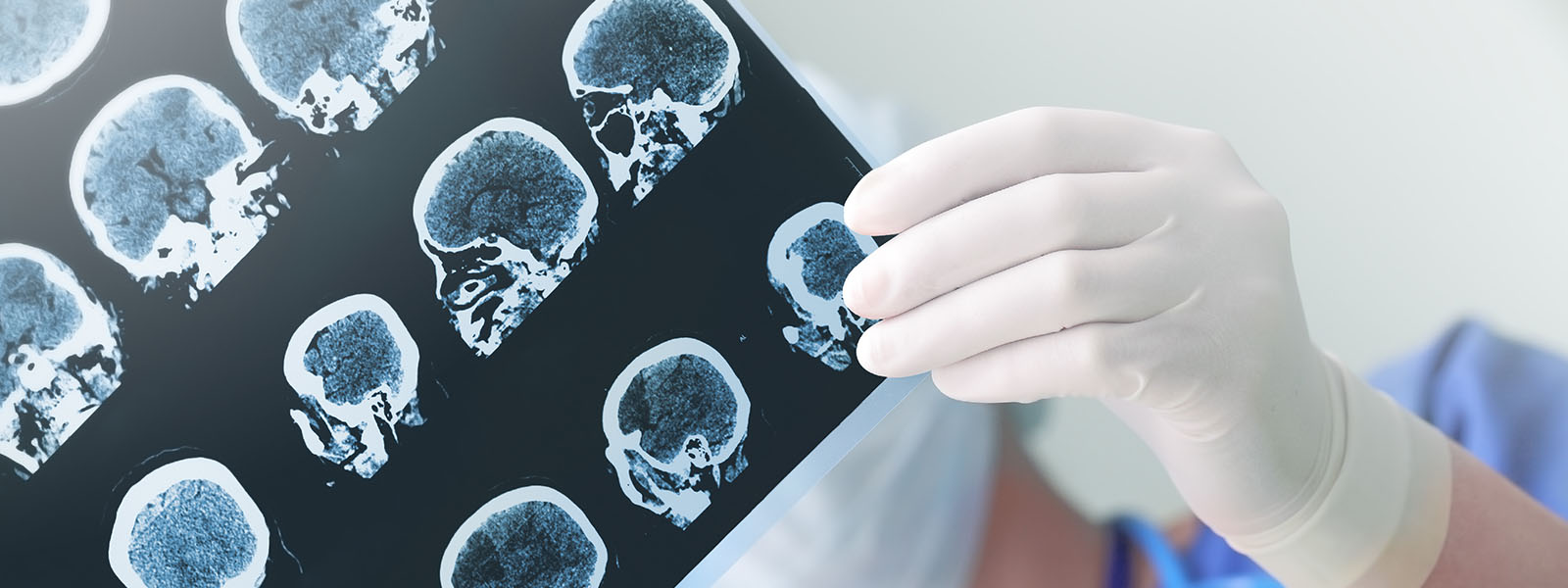A traumatic brain injury is catastrophic for you and your entire family. You are likely dealing with severe pain and major changes to your life following an accident. You could have serious symptoms such as memory loss, blurred vision, skull fractures, and even loss of cognitive abilities. Whatever you have been through, a brain injury lawyer knows how to investigate and pursue your case the right way.
How do you choose the right traumatic brain injury attorney for you? By looking at the right information, you can make an informed and intelligent choice about who will represent you.
What Is a Traumatic Brain Injury?
A traumatic brain injury results from significant force to the head or body that causes damage to the brain. Severe impact, such as in a car accident, can cause the brain to slam against the skull, causing severe harm. Objects may also penetrate or crack the skull and damage the brain as well.
Traumatic brain injuries (TBI) can result in serious symptoms, such as:
- Loss of consciousness
- Skull fractures
- Memory loss
- Blood clots
- Slurred speech
- Mental illness and cognition loss
- Wrongful death
When To Seek Legal Assistance for Traumatic Brain Injury Cases
You should speak to a brain injury firm immediately after your accident. Brain injuries are severe, and you could be owed significant compensation for your medical bills, costs, suffering, and more. The sooner you speak with qualified TBI lawyers the sooner they can investigate and pursue your claim. They can preserve critical evidence and file your claim within the appropriate statute of limitations.
You should speak to an attorney about a potential personal injury claim anytime you were hurt by another person’s wrongdoing. You do not have to be sure about everything in your claim. Qualified TBI attorneys offer initial consultations to help you discuss your accident and the best path for moving forward.
Selecting the Right Traumatic Head Injury Attorney
Choosing the right attorney can seem like a daunting task at first. By following these tips, you can pick the right traumatic brain injury attorney for you.
Look for an Attorney With Experience in Traumatic Brain Injury Cases
You need an attorney who is well-versed in traumatic brain injury with acquired brain injury cases. These lawsuits require technical and medical knowledge that many lawyers do not have. These claims require expert testimony in many cases and specialized knowledge by your legal team.
Look for a firm’s website that discusses these claims in detail and shows knowledge about the subject. Schedule a consultation with a lawyer and see their experience with traumatic brain injury cases.
Research the Lawyer’s Track Record and Success Rate
Ensure your attorney and the firm have experience with TBI cases and a track record of success with their clients. Ideally, you want a firm that has won real client compensation. Also, consider if they have gone up against powerful insurance companies, hospitals, truck companies, and other powerful defendants and have still been successful.
Ensure the Attorney’s Access to a Strong Network of Medical Experts
Most traumatic brain injury claims require medical experts to testify in the case. Your brain injury lawyers should have these medical experts ready to go to help prove your claim. A medical professional can testify to facts and diagnoses other lay witnesses cannot, such as describing a closed head injury or the cause of the TBI.
Inexperienced lawyers are often unprepared for the medical expert requirements of a TBI personal injury claim. Ensure your brain injury law firm has the resources necessary to prove your claim appropriately.
Research the Attorney’s Reputation and Read Testimonies from Past Clients
You want an attorney with a good reputation. A personal injury attorney should be well-liked, responsible, and compassionate when working with clients. They should also be strong and aggressive when dealing with defendants.
Read testimonies from past clients to get an idea about what to expect. Past clients often have the best insights into what you can expect.
Seek Personal Attention and Good Communication With Your Attorney
You want a brain injury lawyer that cares about you and not just about your case. Look for a lawyer who gives you the care and attention you deserve. A quality lawyer will communicate well, respond to questions, and promptly get back to you with answers to your questions.
You should always feel heard and that your lawyer cares about what you are going through. The right lawyer can help guide you through your medical care, the litigation process, and navigating your life following a traumatic brain injury.
Take Advantage of Initial Consultations
A skilled TBI lawyer will offer a free consultation to help you get started. An initial consultation lets you tell your story and learn what compensation you may be owed. Look for a free consultation so that you know you will not be charged simply for a first conversation.
At the consultation, tell your story in full. Be detailed and answer any questions your potential attorney has for you. This is where the investigation and litigation may start, so take advantage of this first step to protect your interests best.
Ensure You Understand the Attorney’s Fee Structure
Ensure you know what the attorney will charge for their services. Some attorneys require upfront payment and reimbursement for costs in addition to their hourly rate. This may or may not work for you, so you should explore other options.
Many personal injury attorneys take cases on a contingency fee basis. A contingency fee occurs when the lawyer only charges if they are successful in your case. This is an agreement between the client and the attorney to collect a certain percentage of the winnings as compensation. This can be very helpful for TBI injury victims, as they pay nothing upfront and only pay if the lawyer is successful. This helps you seek the compensation you deserve but without the risk.
Contact Traumatic Brain Injury Lawyers Advocating for Brain Injury Victims and Families
Traumatic brain injuries can occur from car accidents, workplace accidents, and much more. At McEldrew Purtell, our personal injury lawyers have represented countless clients who won compensation for their TBI personal injury claims. We want to help you recuperate from your injuries and recover the monetary damages you deserve. Our brain injury firm offers a compassionate and dedicated approach to your case.
Contact us today to schedule your free initial consultation. We look forward to speaking with you.









